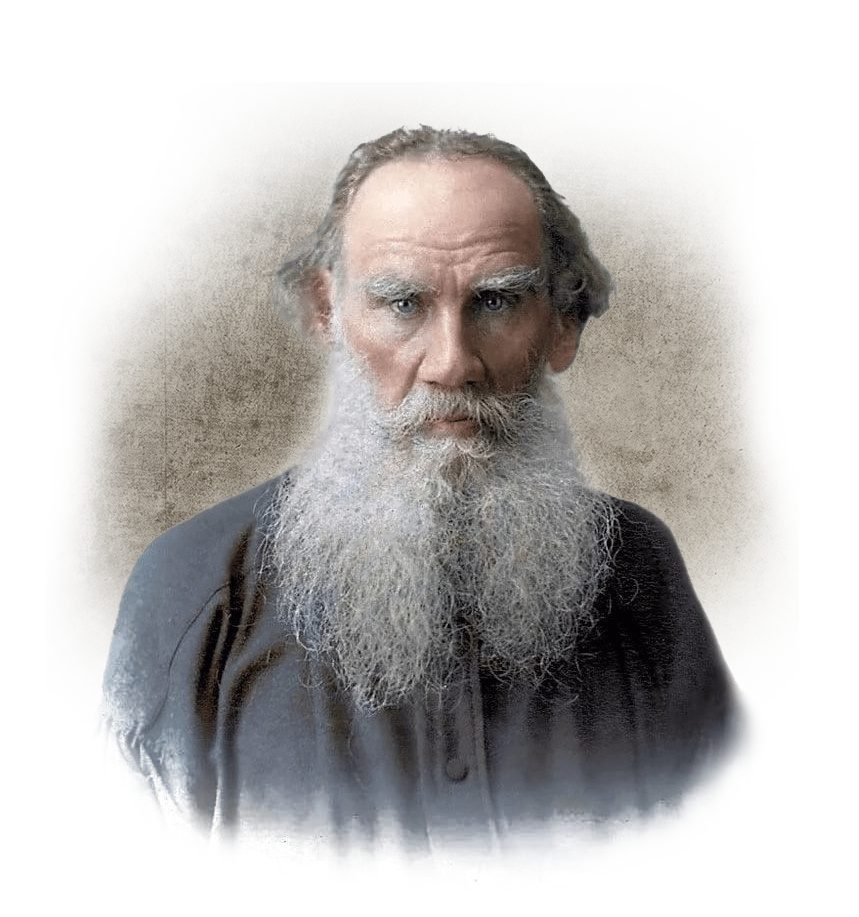Articles
-
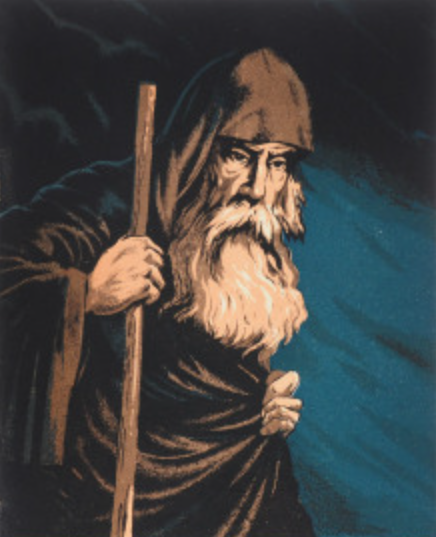 What is Tolstoy’s story «Father Sergius» about?
What is Tolstoy’s story «Father Sergius» about?24.12.2022
«Father Sergius» is a novella written by Leo Tolstoy in 1890-1898 and published in 1911.
Read more -
 Early Tolstoy: the development of introspection
Early Tolstoy: the development of introspection21.12.2022
«Tolstoy’s Childhood» ushers in an era of psychological prose in Russia: the penetration into the hero’s mind, the precise recording of his thoughts, the ruthlessness towards him are all characteristic marks of Tolstoy’s texts. This will allow him to show the psychology of a child, a teenager, a young man, a young landowner — with their arrogance and mistakes; the confusion of a participant in a senseless massacre and an outsider in a different cultural environment. «War and Peace» will be the ultimate expression of this Tolstoyian skill.
Read more -
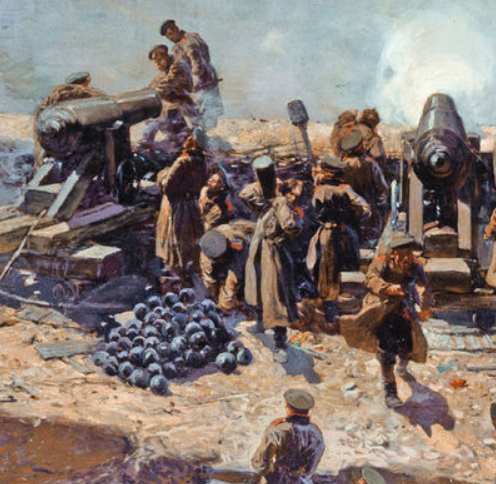 What is The Tales of Sevastopol about?
What is The Tales of Sevastopol about?21.12.2022
The work is about the culminating episode of the Crimean War — the siege of Sevastopol by the superior forces of Anglo-French-Turkish coalition, which lasted from autumn 1854 to August 1855. The book reflects the situation in the city, specific military operations and experiences of their participants. Three stories in the series — «Sevastopol in December», «Sevastopol in May», «Sevastopol in August 1855» — cover the whole period of the siege
Read more -
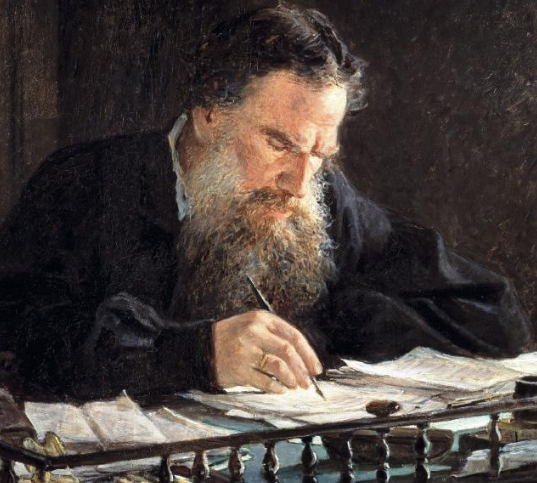 What is The Confession about?
What is The Confession about?21.12.2022
Leo Tolstoy wrote The Kreutzer Sonata in 1890. It raises the issues of marriage, family, attitude towards a woman. The main character who could not build his family life properly, eventually turns out to be a murderer. The composition of the story is important: it is constructed as a monologue of the protagonist turned to his fellow passengers on the train.
Read more -
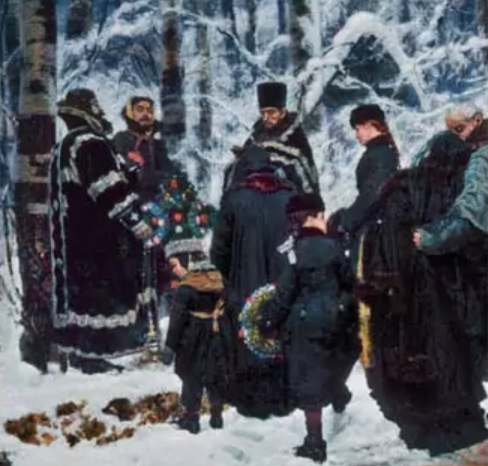 What is The Death of Ivan Ilyich about?
What is The Death of Ivan Ilyich about?21.12.2022
A chronicle of the illness and death of a judicial official, preceded by the story of his life. A one-of-a-kind work about how one experiences the approaching end, what psychological tricks one uses to dodge the realization of its inevitability, and how one finally becomes aware of death — the most important thing in life that completely changes one’s understanding of life itself.
Read more -
 Leo Tolstoy’s triple-entry bookkeeping
Leo Tolstoy’s triple-entry bookkeeping20.12.2022
As a young man, Leo Tolstoy used to drink and gamble away at cards, remembering, however, to keep a «journal for weaknesses» in which he berated himself for his youthfulness and wasted life. Then he would go to another game of corkscrew.
Read more -
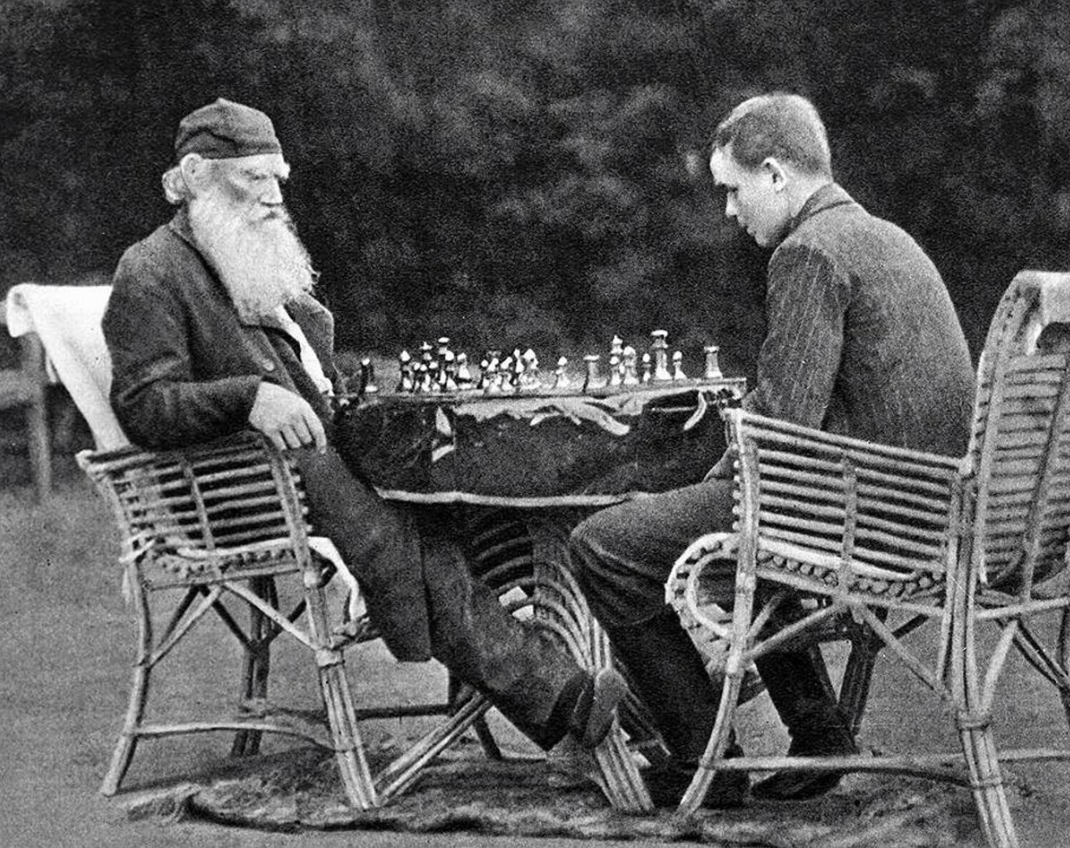 Leo Tolstoy’s hobbies
Leo Tolstoy’s hobbies20.12.2022
Yasnaya Polyana, Leo Tolstoy’s home in the Tula region, some 200 km south of Moscow, attracted pilgrims even when the author was still alive. An advocate of fantastic inventions and new experiences, Tolstoy turned his estate into a temple to all things modern. But the writer is still a trendsetter in the truest sense of the word.
Read more -
 The significance and influence of Leo Tolstoy’s work
The significance and influence of Leo Tolstoy’s work20.12.2022
The nature of perception and interpretation of Tolstoy’s work, as well as the nature of his impact on individual artists and the literary process, is largely determined by the characteristics of each country, its historical and artistic development. Thus, French writers perceived him primarily as an artist who opposed naturalism and was able to combine a truthful depiction of life with spirituality and high moral purity. English writers have relied on his work in the fight against the traditional «Victorian» sanctimony, they saw in it an example of high artistic courage. In the United States Leo Tolstoy became a mainstay for writers who asserted acute social themes in art. In Germany, his anti-militarist speeches became the most important, German writers studied his experience of realistic depiction of war. Writers of the Slavic nations were impressed by his sympathy for the «small» oppressed nations and the national-heroic themes of his works.
Read more -
 Leo Tolstoy’s spiritual crisis and preaching
Leo Tolstoy’s spiritual crisis and preaching20.12.2022
In his work «The Confession» Tolstoy wrote that from the end of the 1870s he often became tormented by insoluble questions: «Well, okay, you will have 6,000 acres in Samara province — 300 head of horses, and then?»; in the literary sphere: «Well, okay, you will be more famous than Gogol, Pushkin, Shakespeare, Moliere, all writers in the world — and so on! Starting to think about raising children, he asked himself: «what for?»; speculating «on how the people might attain prosperity,» he «suddenly said to himself: what business is it to me?» He «felt that what he was standing on had faltered, that what he was living on was no longer there».
Read more -
 Leo Tolstoy’s pedagogical teachings
Leo Tolstoy’s pedagogical teachings20.12.2022
Tolstoy’s moral and religious doctrine was based on the idea of non-resistance to evil by violence, the desire to spread good in the world by every man. He proposed the idea of moral revolution, based on the thesis of free self-improvement of personality. He proved that spiritual non-violent upheaval may take place in a human being with the speed of revolutionary upheaval. The task of pedagogical science, he argued, should be to study the conditions of coincidence between teacher and pupil on the way to a common goal, and those conditions that might hinder such a coincidence.
Read more
